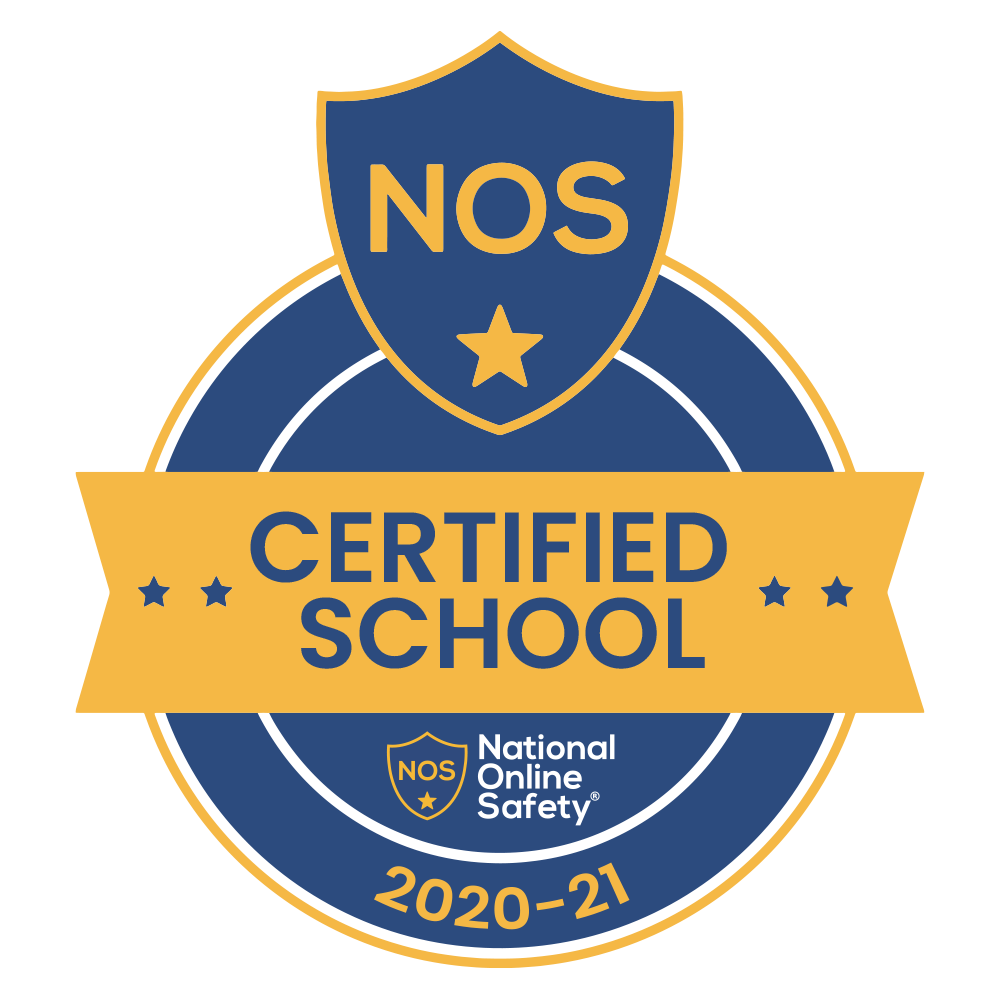National Online Safety
Looking After Your Wellbeing Online
The online world and digital technology has become such a significant part of our lives – and integral to so many aspects of our daily routine – that we shouldn’t be surprised at the degree of influence it can wield over what we think and how we feel. Many experiences that young people have on the internet are hugely positive and uplifting … but sadly, that’s not always the case.
Negative incidents online – such as disagreements with other users, stumbling across upsetting content or feeling left out by friends – can be intensely damaging to a child’s emotional state. Our #WakeUpWednesday poster has some useful tips for young people and trusted adults on how even small, simple actions can help to protect our wellbeing when we’re on the internet.
Guide to - Looking after your wellbeing online
What Parents and Carers Need to Know about Influencers
The concept of influencers is hardly a new one. Through newspaper columns and TV spots, we’ve long been accustomed to hearing informed opinion from, say, Martin Lewis on money, Nigella Lawson on food or Mark Kermode on cinema. How the digital revolution has changed the game, however, is by providing a plethora of platforms from which literally anyone can have their say.
Online, you’ll find hordes of people holding forth on any number of topics: gaming, beauty, travel, fashion, fitness … virtually anything you can think of. What qualifies them as ‘experts’, however? Is it safe for young people to consume the oceans of content that they generate? Our #WakeUpWednesday guide brings you the essential info on the influencer phenomenon.
Guide to - Influencers